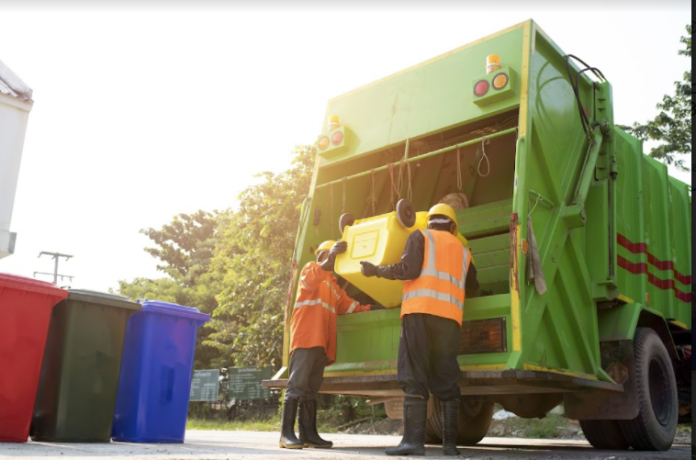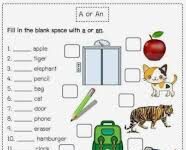Dealing with waste problems at home can be challenging. Without a waste management plan, you’ll tend to mix different waste types, making your dwelling messier. Not only that but improper handling of waste problems can cause wasted precious resources and harm to the environment. It can result in water pollution, soil contamination, and other environmental issues.
If you’re looking forward to a more organized home and a healthier environment, below are some ways to deal with waste problems efficiently:
- Hire A Rubbish Removal Service
As a homeowner, you probably have significant waste problems at home which you need to address as quickly as possible. However, in most cases, handling these issues can be overwhelming. You might not know what to do with your garbage in an efficient manner. For example, you might fail to segregate biodegradable wastes from the non-biodegradable, making your garbage cans disorganized.
Hence, if you have no idea how to manage the waste problems in your home, you might consider getting a rubbish removal service from a reliable company. They know how to remove your waste from your property without harming the environment. They use specific tools and equipment to ensure the organized removal and disposal of your garbage.
Instead of doing the job by yourself, the service provider you hire can take care of everything more efficiently. Since the waste numbers don’t lie across different households and states, it may be time to seek help from professionals whose job is to help address waste issues to create a sustainable world for you, your family, and the world.
- Create A Waste Management Plan
To efficiently handle your waste problems at home, you undoubtedly need to develop a waste management plan to guide you throughout the process. Generally, managing waste can be a tremendous job that you must take seriously to ensure a more organized and eco-friendly home.
When creating a waste management plan, you should consider the following:
- Use Products With Less Packaging
The products’ packaging dramatically contributes to the amount of waste in your home. To address this issue, you should buy products with minimal packaging. You should also consider purchasing things in bulk to save packaging materials.
- Avoid Plastic
It’s important to know that plastic items would take a long time to decompose. That’s why too much plastic in your home can become an environmental problem when they end up in landfills.
So, to ensure waste materials are managed efficiently, do away with plastic by looking for alternatives. For example, you can replace plastic cups with their paper counterparts and a plastic bag with a mesh bag. Instead of using plastic straws, you can sip your drinks to avoid plastic waste.
- Go Paperless
Aside from plastic, the paper also accounts for a considerable portion of waste in the landfills from several households and commercial industries. It’s time to go paperless to reduce this type of waste material. Instead of using paper towels, opt for rags when cleaning your house. Ditch the paper napkins and switch to hand towels.
- Segregate Waste
The waste problems in your home also happen because you fail to segregate more efficiently. If you don’t do proper waste segregation, everything will be mixed up in the landfills and cause environmental problems. Also, it’ll be more difficult for the garbage collectors to collect your waste, thereby making the disposal process less organized.
To ensure an efficient way of dealing with waste problems at home, you might consider segregating the biodegradable waste from the non-biodegradable. You need color-coated bins to differentiate the types of waste you deal with at home to get started. For example, you can use a green-colored container for organic, white for paper, blue for plastic, red for hazardous items like asbestos, and grey for metals.
You can ensure the waste is disposed of properly by doing the segregation process, making your home more organized while protecting the environment.
- Do Composting
If you have many food waste materials in your home, then composting can be a perfect way to deal with them efficiently. It can help reduce waste by a considerable amount without destroying the environment. It can also be used to create fertilizer essential for plant growth.
To adopt composting, you should take the following steps:
- Choose A Location For Your Composting Project
Having a garden compost pile can be a good option if you have a large backyard. But, if you have a small location, using a compost bin can be a great idea.
- Determine The Waste To Compost
Generally, you can place two types of garbage in your compost bin or pile. These can include green materials, consisting of grass clippings, fruit and vegetable scraps, coffee grounds, and brown materials, composed of dry leaves, paper, cardboard, and wood pruning.
- Layer The Waste By Starting With Twigs
Layers of brown and green materials are added after the base layer. Water each layer to ensure moisture, and cover your compost with the soil to minimize the foul odor.
Bottom Line
Household waste can become a more serious problem if you don’t address it in a well-organized manner. It can make your home messy, put your health at risk, and endanger the environment. It’s best to keep the abovementioned information in mind to avoid these unfortunate situations. This way, you’ll know exactly what to do to ensure efficient waste disposal.
































